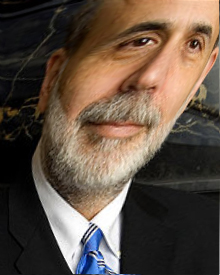The business of business is to profit by helping others. The business of government is to make sure that businesses don’t profit by cheating others.
Unfortunately, sometimes it’s the governments that cheat.
Take the airline industry. Though substantially deregulated by the early 1980s, government has not treated it in an exactly laissez faire manner since. First there are the taxes, quite heavy. And recently the Department of Transportation decided that it must regulate the way in which airlines may advertise their prices . . . and the taxes. That is, the DOT insists that the “total price” — by which it means the price-plus-tax — must be shown prominently, with the tax portion “presented in significantly smaller type than the listing of the total price.”
Talk about regulatory micromanagement!
Now, this rule isn’t something Congress cooked up. It’s the result of a bureaucracy gone wild.
And the rule has one obvious effect: It shields government from consumer criticism, showing bureaucrats at their most self-serving. About one fifth of every airline ticket goes to the government, and folks in government don’t want you to know that.
This being the case, you might think — as George Will does — that the First Amendment would apply, especially since the First Amendment is now routinely held as protecting political speech more strictly than commercial speech. But, so far, courts have ruled for the taxing and regulating bureaucrats, not the competitive airlines. Or consumers.
Frequent fliers (I’m one) should hope the Supreme Court justices take up the case, which shows why economic and political freedom go best together.
This is Common Sense. I’m Paul Jacob.
